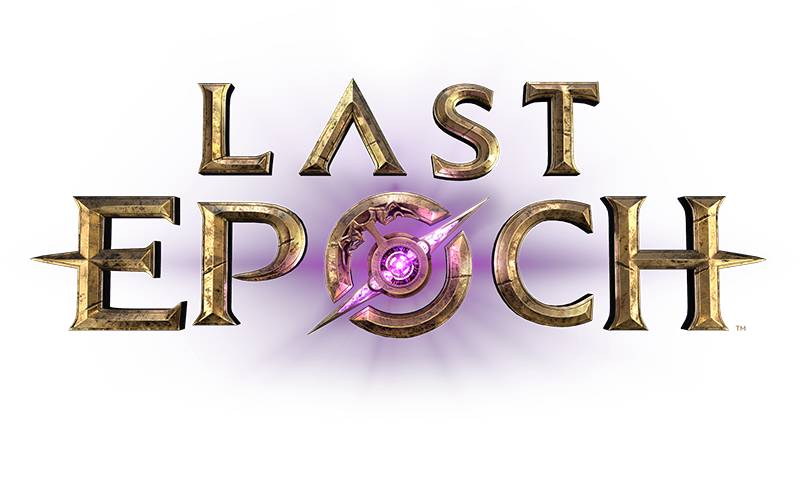None of those goals are inherent to the rules within Last Epoch, thus by your own definition, it’s not a game.
Unlike Monopoly, Last Epoch doesn’t have a “The winner of the game is the one who …” rule.
That’s why running competitions exist in different formats. You say the fastest runner ever “wins”, (that’ld be Usain Bolt atm) but he wouldn’t be near the podium in a marathon race, which is also about running! Heck, ultramarathons are performed at a fraction of his speed, often taking days to complete, yet they’re something he’s never done before, so how can he win at it?! (Also, if someone runs faster tomorrow, does that mean he never actually won at all?)
Running competitions use running as a means to compare, but the winner is called on “meta-rules” about where the race ends, just like a championship (e.g. Formula 1) meta’s a bunch of races together. None of the championship points are inherent to the mechanical rules about what an F1 car is allowed to be though. The fact we have races, sprints and even sim-racing should point that out. The car rules here are a tool, not something inherently having a victory condition.
There is a competition someone is starting on the LE discord that’s about collecting uniques, I believe. If I’m not in that, does that mean my copy of Last Epoch is no longer a game? If I chose to just play my character without a specific goal in mind, am I then not playing a game? If that character gets to 300+ corruption without it being my personal goal, is it any less of a game than when my neighbor actually wanted to hit 300 corruption?
Why do you insist that a game MUST have a goal or obstacle to overcome for it to be a game? Why is someone who simply enjoys the process of playing the game not enough for you?
And you must have had a really shitty childhood if you only ever learned to enjoy reaching certain achievements. I know plenty of children who simply play games without trying to meet some goal. I also know plenty of adults who can enjoy a nice view or being in good company without there being a goal to achieve or some form of improvement to gain. If you really only ever get that dose of dopamine when gaining things, knowledge or achievements, I truly feel sorry for you, you’re missing out on all the good stuff in life.
